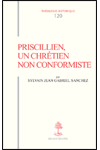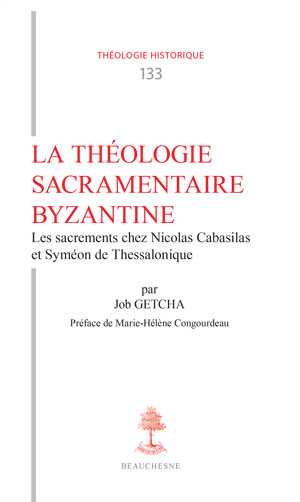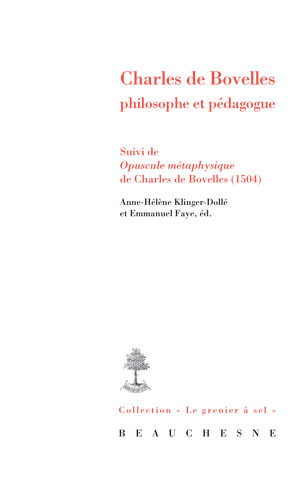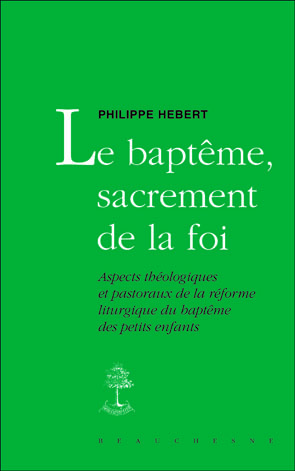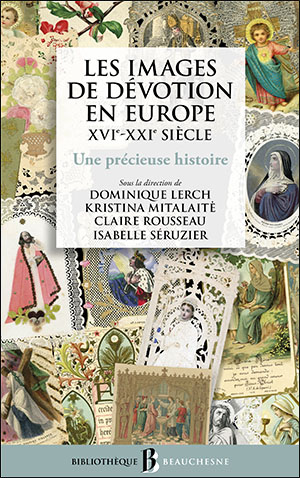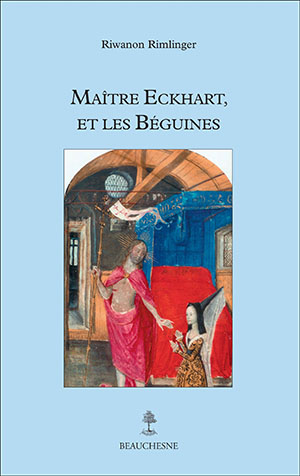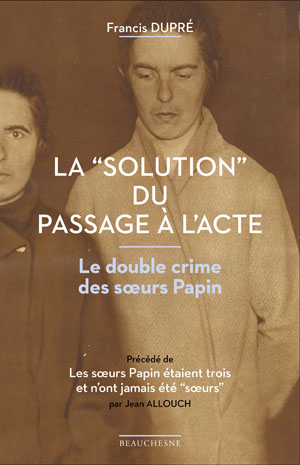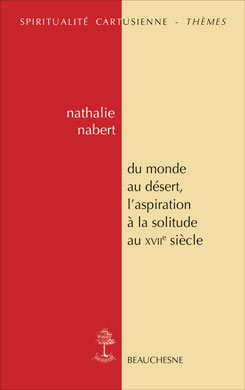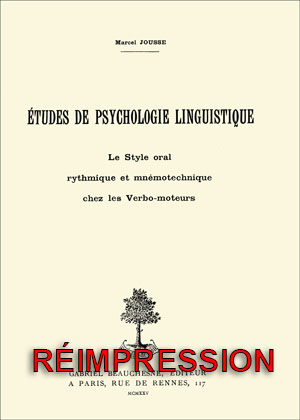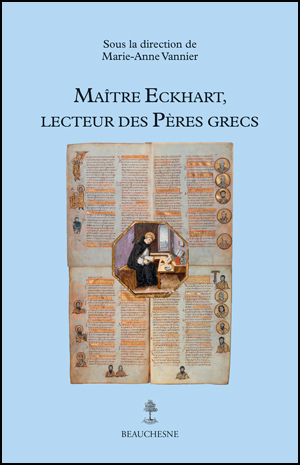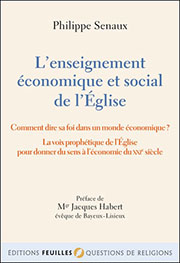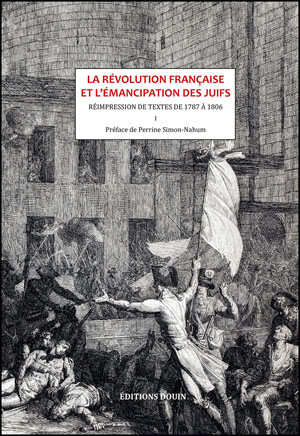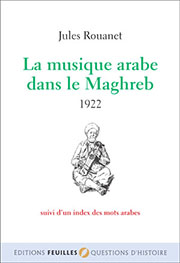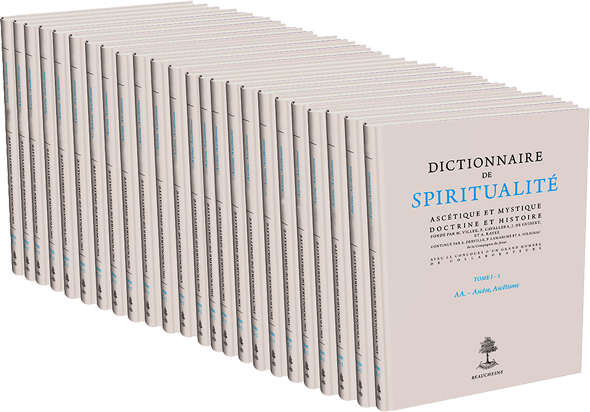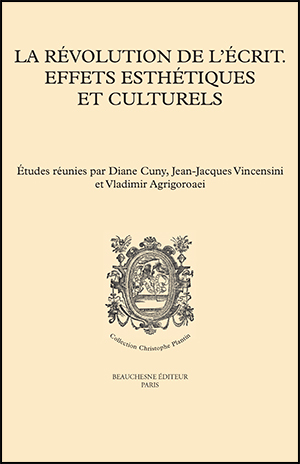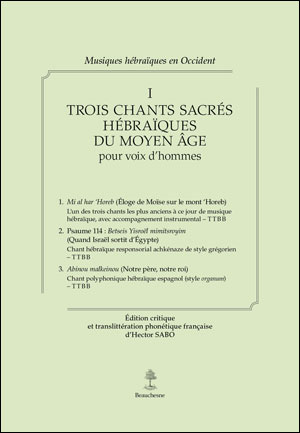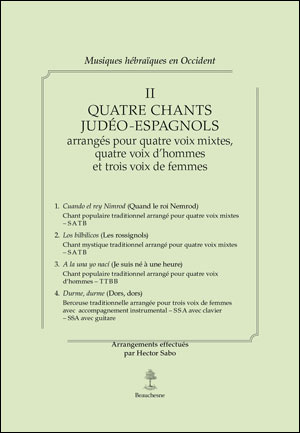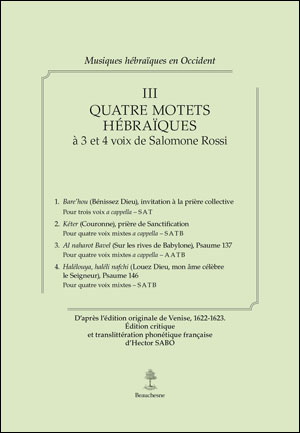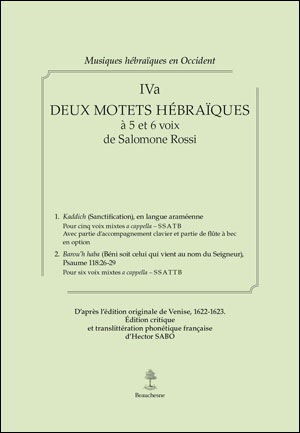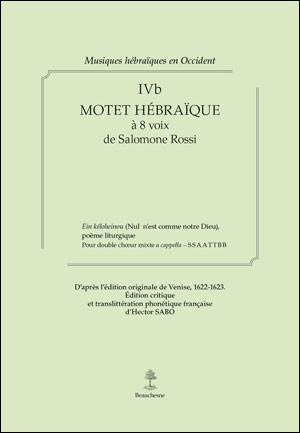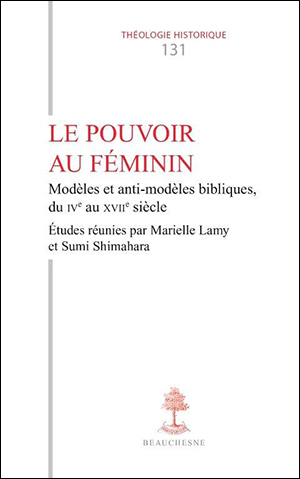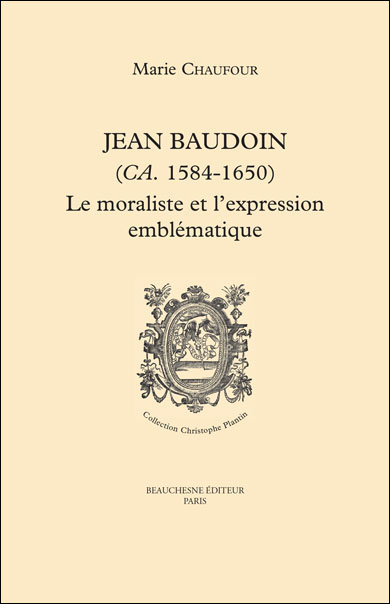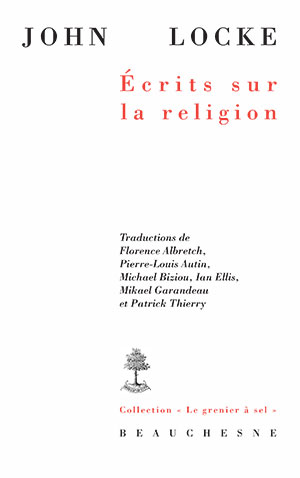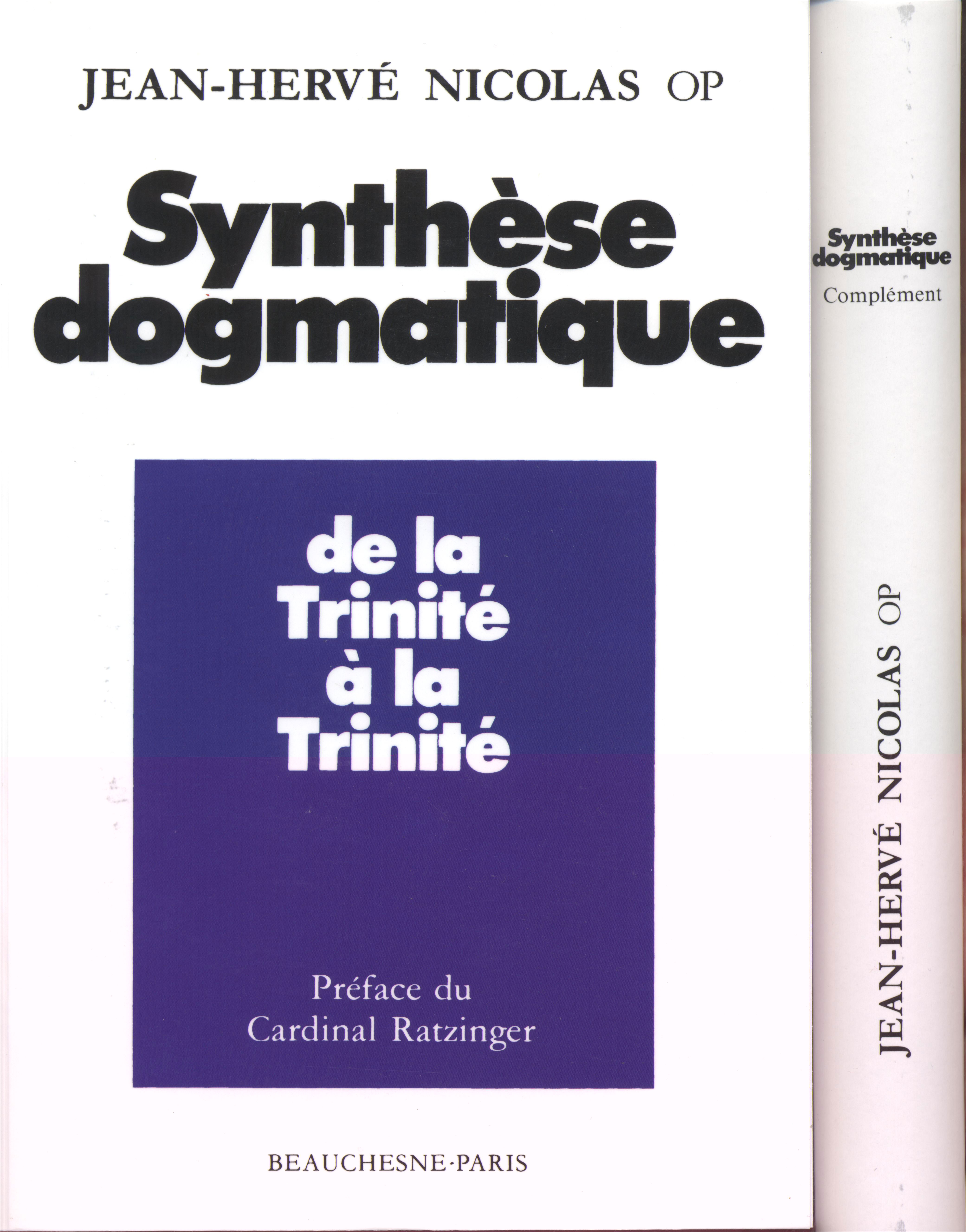76.00 €
TH n°120 PRISCILLIEN UN CHRÉTIEN NON CONFORMISTE. Doctrine et pratique du priscillianisme du IVe au VIIe siècle
Date d'ajout : mercredi 11 mai 2011
par Alberto Ferreiro
Journal of Early Christian Studies, 2011, vol. 19/1
Alberto Ferreiro, Seattle Pacific Ulliversity
In 2009 two monographs appeared on Priscillian, including the present volume in French. Another study by Marco Contii is the first complete English translation of Priscillian's works, thus making it a very different study from tbe one under consideration here. Both monographs, however, are testimony to how Priscillian continues to generate great interest among modern scholars in both articles and books. Insofar as this volume is concerned, a fundamental question to consider is : what does the author intend to accomplish that has not been done already in the previous voluminous articles and monographs? The book, we are informed, is only part of a doctoral dissertation –,it is not indicated at which university – La 'secte' des spirituels de Priscillien d'Avila : doctrine·et pratique (Priscillianisme et Manichéisme du IVe au VIe siecle), directed by Jean-Pierre Martin. The topic, however, was proposed to the author by the eminent Jacques Fontaine.
The author begins by stating that in modern scholarship there has been discord regarding the manner in which the Priscillianists and the sources have been interpreted (11). Furthermore, the author proposes to reexamine a series of questions that have not been in the author's opinion satisfactorily answered : how did this Christian group become a "heresy" ? Are the accusations of Gnosticism and Manichaeism valid or only heresiological name calling (topos) ? On what basis was it decided by the opposition to establish a norm for their exclusion ?
The author proposes not to approach Priscillianism as a social movement but rather as a religious phenomenon. Moreover, the study seeks to establish the rapprochement, if there is one, between the teachings of Priscillian and his circle with Gnostic and Manichaean doctrines (22). So another set of questions flow out of this line of inquiry : Was Priscillian a Christian Gnostic? Does the movement reveal an existing Manichaeism in Hispania ? To answer these the author considers the origins of Gnosticism and Manichaeism in the early church fathers such as Irenaeus, Epiphanius, Hippolytus, and others to establish the link of these ideas leading up to the fourth century when Priscillian emerges. Within this lengthy discussion, there is also consideration of the evolution of the terms haeresis, schismaticus, and dissension from the earliest church fathers up to their application to the Priscillianists. The most valuable section is on the usage of this terminology by the Priscillianists to defend themselves in the Tractates. The conclusion is that Priscillian and his followers condemned all manner of heresy with equal force as the church fathers and in turn Priscillian's adversaries utilized these terms to condemn him and his followers (433). Some of the noteworthy conclusions reached by the author are rhe following : Priscillian identified himself as Catholic and did nor have any intention of founding a universal parallel church (441). His theology is heavily informed by that of St. Paul (442). Priscillian was a virtuous ascetic who along with his disciples formed a Christian elite seeking to live a saintly life (44.3). His teaching on the devil and the Trinity are biblical (i.e. Catholic) and their rites of baptism and the eucharist are Catholic as well. There is recognition that while there are doctrinal "tendencies," Priscillian was not a Gnostic, Manichaean, or Encratite (446-448). The author proposes, in an interesting imaginative moment, that if there existed a bibliotheca antiquorum dissidentium, Priscillian would likely be considered on the level of Lucifer of Cagliari – that is, as a religious non-conformist in late antiquity (449). The author also concludes that Priscillian developed a set of teachings that are similar in spirit to those of Clement of Alexandria, Origen, and Evagrius Ponticus (449). In the end, this study in modem Priscillianist historiography falls in line with those who exculpate Priscillian of outright heresy, He was rather an ascetic who was on the doctrinal "edges" of Catholic-Orthodoxy. In my research on Priscillian, I have reached the same conclusion. Moreover, most of his accusers in the later stages of the controversy had no direct knowledge of Priscillian, but rather simply parroted the topos that had been created.
The book is organized in the following manner. Chapter One covers the conflict between Priscillian and his episcopal opponents, the role of the state in the conflict, and the regional emergence of the movement. Chapter Two gives a panorama of the sources related to Priscillianism. It considers the emergent opposition to Priscillian where the concept of "heresy" is addressed, especially accusations of Gnosticism and Manichaeism. Chapter Thrce focuses mainly on doctrinal controversies surrounding the sect which formed thc basis of charges of heresy. Chapter Four treats of Priscillian's use of the Bible, apocryphal books, possible traces of Neoplatonism, classical authors, and even Hilary of Poitiers. Chapter Five addresses their asceticism, alleged magical rites, and its communal makeup. The book closes with an extensive bibliography of sources and modern works. Three indexes facilitate consultation of this dense volume : an index of persons of certamen, ancient sources, and modern authors. It is clear that this volume is meant for an academic audience.
For those who desire a thorough up-to-datc study on PriscilJian in all of its stages this study is highly recommended. Specialists will also find here some novel methodological approaches to Priscillianism (for example, providing the early patristic background ). Some conclusions, however, reached by the author have been already established and are common knowledge among specialists (for example, that Priscillianism was neither Gnostic nor Mankhaean and that he had no intention to found a parallel church).
Lastly, if I may express a slight criticism – that in no way undermines the value of this study – despite the rcvisions, the book still has the features of a dissertation. The goals of the author could have been accomplished by excluding in places what has been standard background familiar to spécialists. Thc monograph in my view is unnecessarily lengthy. Nevertheless, the new approaches found in this book will make an enlightcning contribution to Priscillian scholarship. I highly recommend it to specialists of Priscillian and to non-specialists whose interest is in the religious movements of late antiquiry.
Alberto Ferreiro, Seattle Pacific Ulliversity
In 2009 two monographs appeared on Priscillian, including the present volume in French. Another study by Marco Contii is the first complete English translation of Priscillian's works, thus making it a very different study from tbe one under consideration here. Both monographs, however, are testimony to how Priscillian continues to generate great interest among modern scholars in both articles and books. Insofar as this volume is concerned, a fundamental question to consider is : what does the author intend to accomplish that has not been done already in the previous voluminous articles and monographs? The book, we are informed, is only part of a doctoral dissertation –,it is not indicated at which university – La 'secte' des spirituels de Priscillien d'Avila : doctrine·et pratique (Priscillianisme et Manichéisme du IVe au VIe siecle), directed by Jean-Pierre Martin. The topic, however, was proposed to the author by the eminent Jacques Fontaine.
The author begins by stating that in modern scholarship there has been discord regarding the manner in which the Priscillianists and the sources have been interpreted (11). Furthermore, the author proposes to reexamine a series of questions that have not been in the author's opinion satisfactorily answered : how did this Christian group become a "heresy" ? Are the accusations of Gnosticism and Manichaeism valid or only heresiological name calling (topos) ? On what basis was it decided by the opposition to establish a norm for their exclusion ?
The author proposes not to approach Priscillianism as a social movement but rather as a religious phenomenon. Moreover, the study seeks to establish the rapprochement, if there is one, between the teachings of Priscillian and his circle with Gnostic and Manichaean doctrines (22). So another set of questions flow out of this line of inquiry : Was Priscillian a Christian Gnostic? Does the movement reveal an existing Manichaeism in Hispania ? To answer these the author considers the origins of Gnosticism and Manichaeism in the early church fathers such as Irenaeus, Epiphanius, Hippolytus, and others to establish the link of these ideas leading up to the fourth century when Priscillian emerges. Within this lengthy discussion, there is also consideration of the evolution of the terms haeresis, schismaticus, and dissension from the earliest church fathers up to their application to the Priscillianists. The most valuable section is on the usage of this terminology by the Priscillianists to defend themselves in the Tractates. The conclusion is that Priscillian and his followers condemned all manner of heresy with equal force as the church fathers and in turn Priscillian's adversaries utilized these terms to condemn him and his followers (433). Some of the noteworthy conclusions reached by the author are rhe following : Priscillian identified himself as Catholic and did nor have any intention of founding a universal parallel church (441). His theology is heavily informed by that of St. Paul (442). Priscillian was a virtuous ascetic who along with his disciples formed a Christian elite seeking to live a saintly life (44.3). His teaching on the devil and the Trinity are biblical (i.e. Catholic) and their rites of baptism and the eucharist are Catholic as well. There is recognition that while there are doctrinal "tendencies," Priscillian was not a Gnostic, Manichaean, or Encratite (446-448). The author proposes, in an interesting imaginative moment, that if there existed a bibliotheca antiquorum dissidentium, Priscillian would likely be considered on the level of Lucifer of Cagliari – that is, as a religious non-conformist in late antiquity (449). The author also concludes that Priscillian developed a set of teachings that are similar in spirit to those of Clement of Alexandria, Origen, and Evagrius Ponticus (449). In the end, this study in modem Priscillianist historiography falls in line with those who exculpate Priscillian of outright heresy, He was rather an ascetic who was on the doctrinal "edges" of Catholic-Orthodoxy. In my research on Priscillian, I have reached the same conclusion. Moreover, most of his accusers in the later stages of the controversy had no direct knowledge of Priscillian, but rather simply parroted the topos that had been created.
The book is organized in the following manner. Chapter One covers the conflict between Priscillian and his episcopal opponents, the role of the state in the conflict, and the regional emergence of the movement. Chapter Two gives a panorama of the sources related to Priscillianism. It considers the emergent opposition to Priscillian where the concept of "heresy" is addressed, especially accusations of Gnosticism and Manichaeism. Chapter Thrce focuses mainly on doctrinal controversies surrounding the sect which formed thc basis of charges of heresy. Chapter Four treats of Priscillian's use of the Bible, apocryphal books, possible traces of Neoplatonism, classical authors, and even Hilary of Poitiers. Chapter Five addresses their asceticism, alleged magical rites, and its communal makeup. The book closes with an extensive bibliography of sources and modern works. Three indexes facilitate consultation of this dense volume : an index of persons of certamen, ancient sources, and modern authors. It is clear that this volume is meant for an academic audience.
For those who desire a thorough up-to-datc study on PriscilJian in all of its stages this study is highly recommended. Specialists will also find here some novel methodological approaches to Priscillianism (for example, providing the early patristic background ). Some conclusions, however, reached by the author have been already established and are common knowledge among specialists (for example, that Priscillianism was neither Gnostic nor Mankhaean and that he had no intention to found a parallel church).
Lastly, if I may express a slight criticism – that in no way undermines the value of this study – despite the rcvisions, the book still has the features of a dissertation. The goals of the author could have been accomplished by excluding in places what has been standard background familiar to spécialists. Thc monograph in my view is unnecessarily lengthy. Nevertheless, the new approaches found in this book will make an enlightcning contribution to Priscillian scholarship. I highly recommend it to specialists of Priscillian and to non-specialists whose interest is in the religious movements of late antiquiry.
Moteur de recherche www.editions-beauchesne.com
Le moteur peut rechercher dans différents champs :
- Un nom d’auteur (AUTEUR)
- Un mot du titre (TITRE)
- Un ISBN
- Un mot du texte de présentation (TEXTE)
- Un mot du sommaire ou de la table des matières (SOMMAIRE).
La recherche dans les champs TEXTE et SOMMAIRE peut être un peu longue.
En cliquant sur un resultat la fiche du livre correspondant s'ouvre dans un nouvel onglet.
Search engine www.editions-beauchesne.com
The engine can search in different fields:
- An author's name (AUTEUR)
- A word from the title (TITRE)
- An ISBN
- A word from the presentation text (TEXTE)
- A word from the summary or the table of contents (SOMMAIRE).
The search in the TEXTE and SOMMAIRE fields may take some time.
Clicking on a result open the book's sheet in a new tab.

